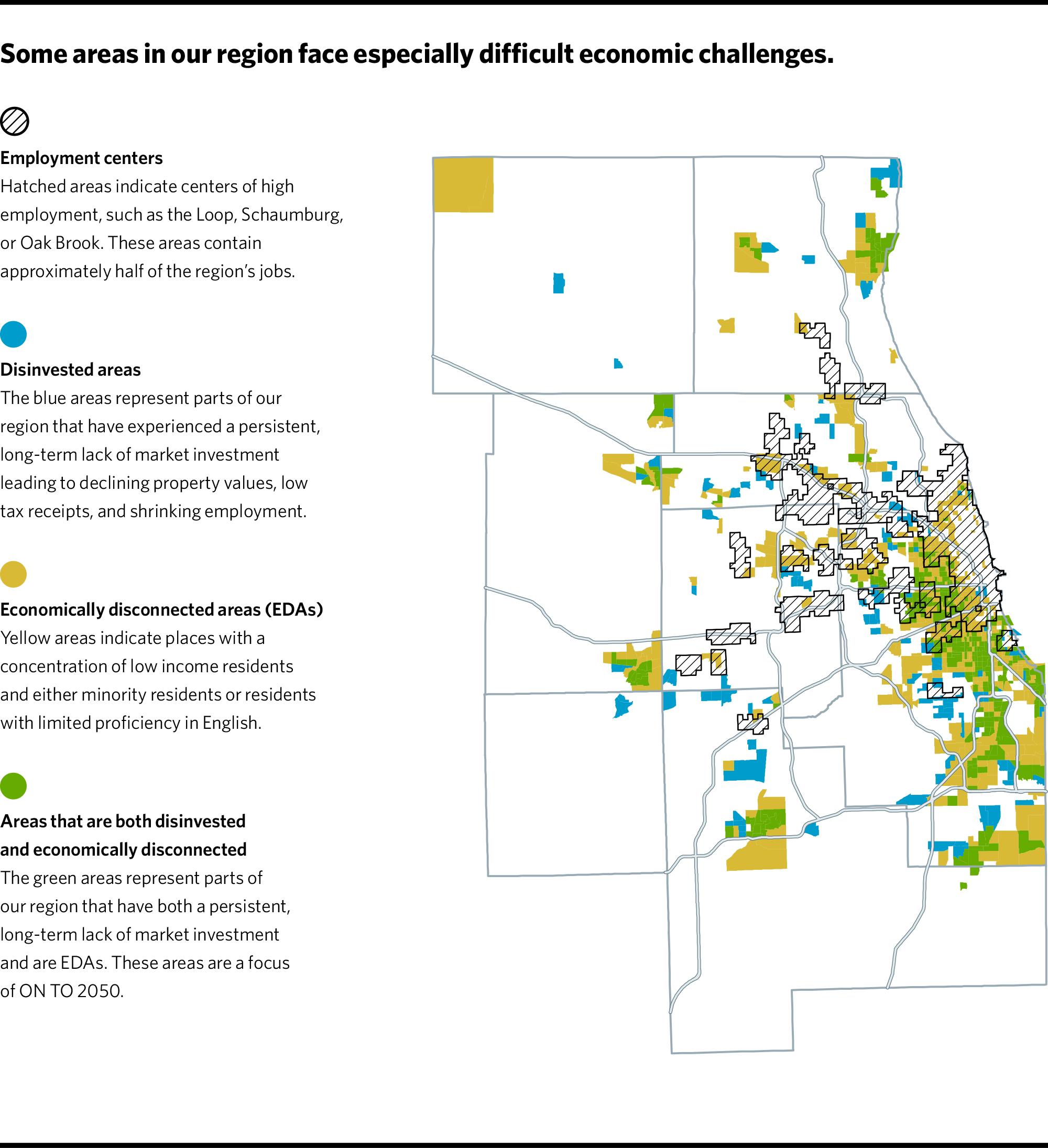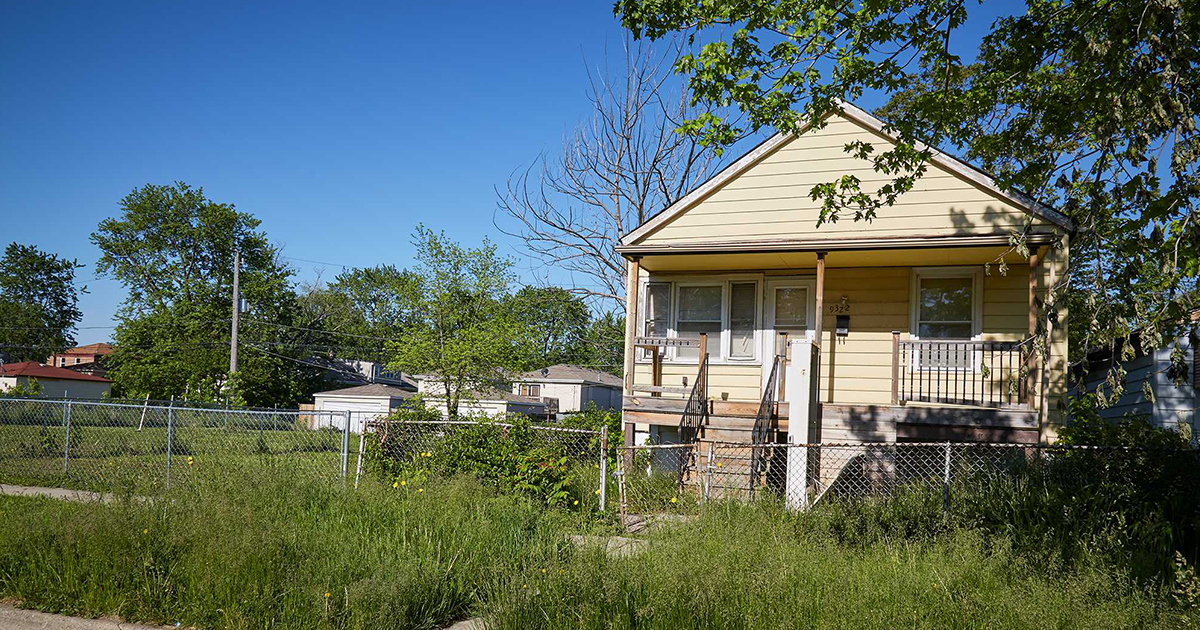In response to heightened protests against persistent anti-Black racism in our nation and region, the executive director and board at the Chicago Metropolitan Agency for Planning recently released statements reiterating the agency’s commitment to racial equity. As the metropolitan planning organization for northeastern Illinois, CMAP acknowledges its role and responsibility in building a more equitable and inclusive region that helps every resident thrive.
Extensive research tells us city planners across northeastern Illinois and around the country have long been complicit in reinforcing inequities for residents with low incomes and people of color, especially Black people. Through housing policy, zoning codes, transportation planning, urban renewal, and pollution-generating facilities and roadways, planners have embedded racism into the built environment. Despite important reforms, many members of marginalized communities still face barriers to quality housing, education, employment, and health.
These harms are particularly concentrated in our region’s disinvested communities, which are disproportionately Black, low income, and often denied access to economic opportunity. Disinvested communities and economically disconnected areas have seen decades of declining employment, population, and public and private investment, leading to the erosion of tax bases and public services. Residents in these neighborhoods experience worse health outcomes, including large gaps in life expectancy. Research on racial and economic segregation shows how place determines the lifetime trajectory of people born in low-income areas, with exceptionally negative outcomes for Black residents.

Disinvested communities and their residents have value. The continued deterioration of these areas is an unacceptable outcome for the individuals being harmed and these inequities also hurt the region as a whole. Metropolitan areas that offer economic opportunity for all residents enjoy longer, stronger periods of prosperity and fewer, shorter periods of economic stagnation. Enabling more places and people to fully participate in the economy maximizes our regional potential.
For these reasons, ON TO 2050 — our region’s long-range, comprehensive plan — recommends reinvesting in disinvested communities and channeling assistance and funding to strengthen them. CMAP will begin to implement these recommendations by analyzing disinvestment on a regional scale and proposing policies that can drive equitable reinvestment and address long-standing racial injustice. In tackling these issues, we commit to forging new and deeper partnerships with organizations already active in this work and centering the experiences of the community members and groups most impacted by these inequities.
In this year’s work plan, we identified a project focused on disinvestment that helps us achieve ON TO 2050’s goals of equity and inclusive growth. Our initial work will explore disinvestment in three ways:
-
We will use a racial equity lens to evaluate policies whose consequences, whether explicit or unintended, have driven and multiplied disinvestment across the region over the decades.
-
We will use data to study different facets of disinvestment, such as vacancy rates, business and residential lending, state tax disbursements, and infrastructure maintenance. These aspects are both causes and effects of disinvestment, making them self-reinforcing over time.
-
We will present solutions designed to break these cycles, through targeted programs and prioritized investments. We also will work with our partners to make policy changes that can spur equitable reinvestment and redress biased policies.
There is still much work to be done to advance planning policies that proactively address the historic and ongoing legacy of systemic racism. As northeastern Illinois charts a path to recovery from the devastating effects of the pandemic, we must rebuild while investing in disinvested areas and communities of color.
